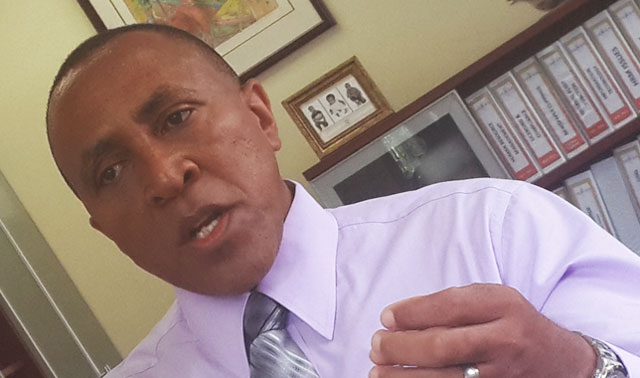 The scene is set for a bruising showdown between Telkom and its regulator, the Independent Communications Authority of South Africa (Icasa), over local-loop unbundling. This is after the authority this week said it would disregard the fixed-line operator’s arguments about how much money it’s losing for each line it has in service.
The scene is set for a bruising showdown between Telkom and its regulator, the Independent Communications Authority of South Africa (Icasa), over local-loop unbundling. This is after the authority this week said it would disregard the fixed-line operator’s arguments about how much money it’s losing for each line it has in service.
Local-loop unbundling is a regulatory intervention, introduced mainly in markets in North America and Europe, which opens incumbent fixed-line operators’ “last mile” copper-cable networks into homes and businesses to competitors in an effort to bring down prices.
But Telkom is having none of it. In September, its group CEO, Sipho Maseko, vowed to fight unbundling, warning that imposing it on the company would prejudice its shareholders unfairly by subsidising competitors that don’t want to invest in their own infrastructure.
“It is a bit disingenuous [for other companies] to agitate to say, ‘I don’t want to put in my money and invest, but I want to ride on Telkom’s network’,” Maseko said. “It’s not right that once again Telkom is being seen as the firm to lean on to get an easy ride into the market.”
Central to Telkom’s argument against local-loop unbundling is its so-called “access-line deficit”. This is the cumulative loss it makes from every line in service after basic line rental is factored in and before voice, data and other value-added revenues are counted.
Unbundling, Telkom argued in a written submission to Icasa’s latest draft regulations, would remove a critical source of revenue because rivals would target high-value customers in well-to-do urban areas, only paying Telkom for the cost of the line. This, it said, would affect its ability to invest in poorer areas, and it could be forced to raise retail prices to counterbalance the effects of the intervention.
But Icasa this week hit back. In an “explanatory note”, meant to be read with the draft regulations, it now says Telkom’s arguments about the access-line deficit are of “no relevance” in the crafting of the unbundling regulations. It disagrees with Telkom on the scope and scale of the deficit, implying that the operator is massively inflating the number in an effort to stave off unbundling.
In a sign that it is digging in its heels on the issue, Icasa says it is “evident” that Telkom’s business model and approach to providing services “needs to be adapted considering that the market dynamics have changed considerably since 2000”.
“It is imperative that Telkom manage its labour costs in line with an efficient provision of services. The authority notes the difficulties faced by the shareholder [government] in terms of employment sustainability within the ICT sector as well as at Telkom specifically. However, the social challenge, faced by the entire sector, is not a justification for preventing the provision of access to any form of local loop.”
Further evidence that Icasa is not prepared to roll over came in an interview with the authority’s new CEO, Pakamile Pongwana, earlier this month. He said that if unbundling is deemed necessary to promoting competition, then “so be it, we have to”.
“My view is it is Icasa that is regulating, not Telkom. The reality is that Telkom has been fighting [this] for years. Local-loop unbundling might have to happen anyway, if they fight it or not.”

Icasa also appears to be trying to placate Telkom. It says it is not its intention to inflict financial harm on any operator. Any telecoms licensee seeking access to another operator’s network is “obliged to pay the capital costs of setting up their access of the local loop and any associated usage fees”.
Also, it is not targeting Telkom specifically with the regulations, which also apply to mobile and fixed-wireless operators. “Telkom is by no means the only licensee that will be expected to make its facilities available to other licensees. This changes the emphasis and dynamics of the discussion on the subject significantly.”
Indeed it does. But that begs the question: is Icasa biting off more than it can chew? Is it really prepared to do battle with not only Telkom, but also with South Africa’s mobile providers? Let’s hope it’s not setting itself up for failure.
- Duncan McLeod is editor of TechCentral. Follow him on Twitter
- This column was first published in the Sunday Times




